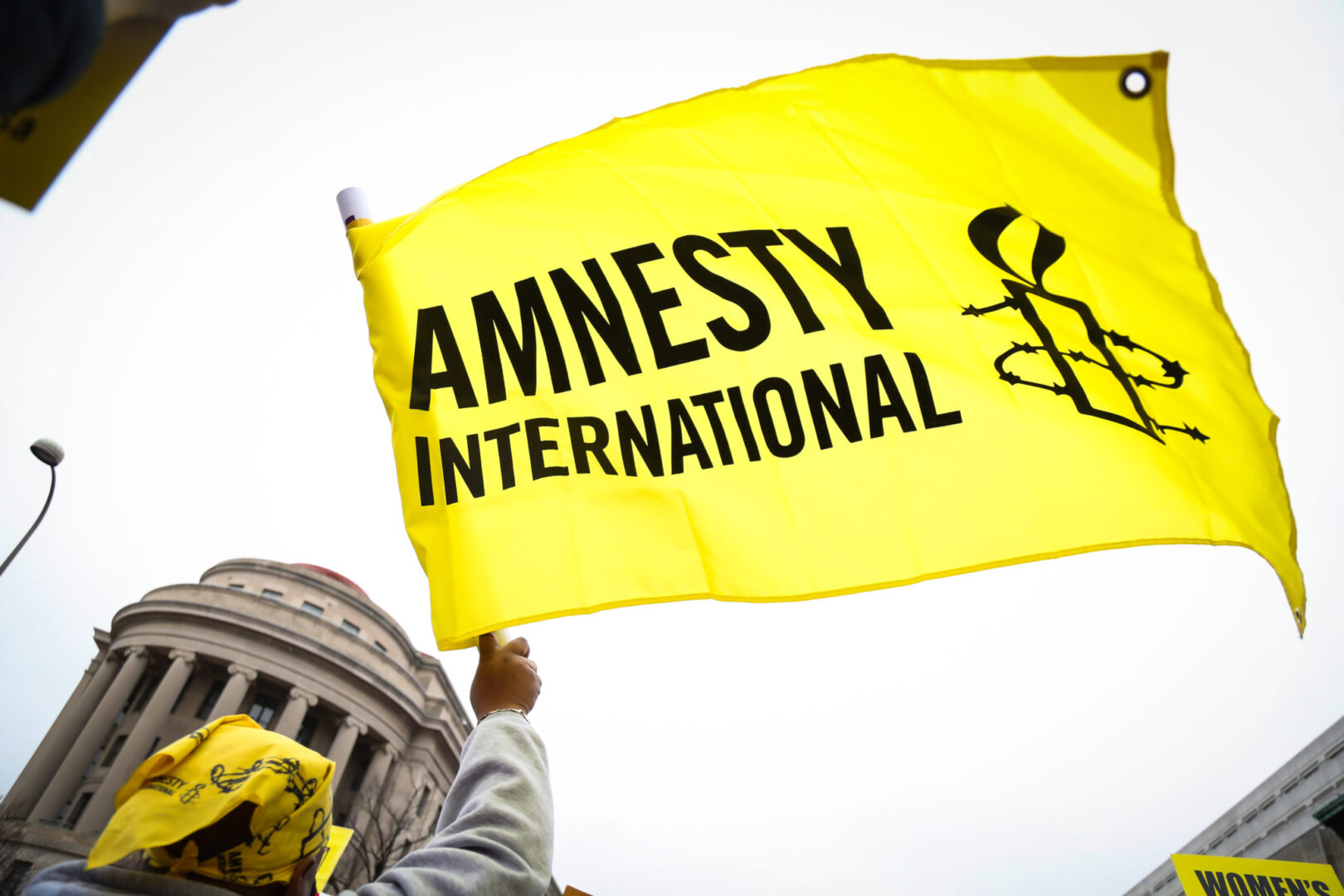London-based rights group Amnesty International has announced it will shut down its offices in Hong Kong by the end of the year, amid an ongoing crackdown on dissent under a draconian national security law imposed on the city by the ruling Chinese Communist Party (CCP).
“This decision, made with a heavy heart, has been driven by Hong Kong’s national security law, which has made it effectively impossible for human rights organizations in Hong Kong to work freely and without fear of serious reprisals from the government,” international board chair Anjhula Mya Singh Bais said in a statement on the group’s website.
“Hong Kong has long been an ideal regional base for international civil society organizations, but the recent targeting of local human rights and trade union groups signals an intensification of the authorities’ campaign to rid the city of all dissenting voices,” she said.
“It is increasingly difficult for us to keep operating in such an unstable environment.”
Amnesty International currently has two offices in Hong Kong; a local membership section and a regional headquarters that carries out research and advocacy work for the region.
The regional office will continue its work from a new location, the group statement said.
Secretary general Agnes Callamard said the group — which was outspoken in its criticism of police violence during the 2019 protest movement — has always been active in Hong Kong.
“From successfully pushing for the full abolition of the death penalty in Hong Kong in 1993, to exposing evidence of excessive use of force by police during the 2019 mass protests, Amnesty in Hong Kong has shone a light on human rights violations in the darkest of days,” Callamard said.
She said the group’s educational outreach programs had worked hard to raise awareness of human rights for many years.
“No-one and no power can demolish that legacy,” she said.
The national security law targets alleged acts of “secession,” “subversion of state power,” “terrorist activities,” and “collusion with foreign powers to endanger national security.”
Amnesty International said the vaguely worded law “has been used arbitrarily as a pretext to restrict the human rights to freedom of expression, peaceful assembly and association, as well as to repress dissent and political opposition.”
It said a government crackdown targeting activists, opposition politicians, and independent media has recently expanded to include civil society organizations, with at least 35 groups disbanding since the law took effect on July 1, 2020.
Shih Yi-hsiang, head of the Taiwan Association for Human Rights, said Amnesty’s staff could potentially be targeted under the law for “collusion with foreign powers” or subversion.
“Under the national security law, anything that goes against the will of China [could be targeted],” Shih told RFA. “The Chinese government could think that they are interfering in its internal affairs or subverting [the CCP regime].”
“It’s entirely foreseeing that they could be accused of subversion or collusion with a foreign power.”
He said it was likely that other rights groups could relocate out of Hong Kong, too.
A human rights lawyer based in mainland China who gave only the surname Chen said there is no longer much difference between the rights and freedoms available to residents of mainland China and those in Hong Kong.
“Hong Kong has been assimilated by China, so the people there now have the same ‘freedom’ as Chinese people,” Chen said. “Leaving is a wise choice.”
Joseph Cheng, former politics lecturer at Hong Kong’s City University, said Amnesty International likely believes it won’t be able to operate at all in Hong Kong, under the current crackdown.
“The withdrawal of such organizations shows how human rights and civil society have regressed in Hong Kong,” Cheng told RFA. “Now we won’t have an international organization to … provide various assessments, and to supervise the Hong Kong authorities.”
“It will be harder [for human rights] to be well protected.”
The announcement of Amnesty International’s departure came after police surrounded Hong Kong marathon runners and demanded that they remove clothing or cover up the slogan “Go Hong Kong!” which has become associated with the 2019 protest movement.
Organizers had warned ahead of the 15,000-strong race that political slogans would not be tolerated, and runners were forced to cover up or change clothing bearing the phrase.
Zhou Xiaolong, the owner of a children’s clothing chain store who used to display the “Goddess of Democracy” in the store, said he had been giving out iron-on transfer patches to runners, bearing the banned slogan.
“I don’t see how Go Hong Kong! could have crossed some kind of red line,” Chow told RFA. “I will keep doing my thing, and I think it will actually boost sales.”
“It’s business as usual.”
Standard Chartered Marathon, which organized the race, said it had no wish to see “political elements” in the race.
Copyright © 1998-2020, RFA. Used with the permission of Radio Free Asia, 2025 M St. NW, Suite 300, Washington DC 20036. https://www.rfa.org.







